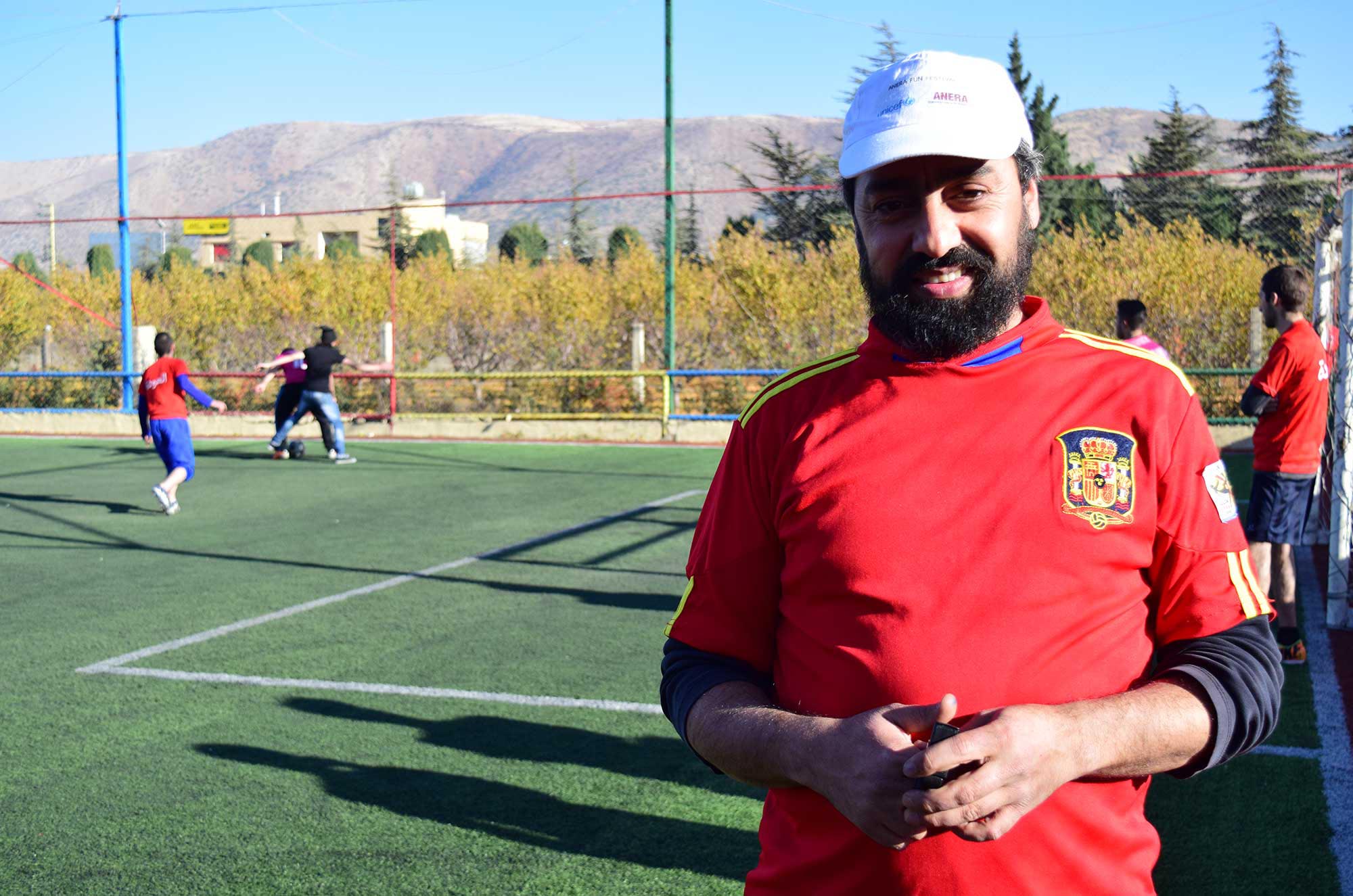

This is an accelerated learning for Primary and Secondary levels- to address the gap of those learners who have dropped out in formal schooling or getting second chance learning The second undertaking by the NFE is the Syllabus Compression under Open Distance Learning. Findings from the final report will inform policy on causes and provides opportunities for interventions. This is a cohort study of 3780 Grade 6 learners from 270 schools in the ten provinces of Zimbabwe on causes of drop outs. NFE is an alternative pathway to access education through various programmes and provides relevant lifelong skills and survival knowledge in a flexible manner.Ĭurrently the NFE has undertaken a National Longitudinal Study (2017 -2020). Historically the creation of NFE was a close- gap measure for those who had been denied access to education prior to independence.

Output 2: Competency based training programmes relevant to labour market demand developed and initiated.Įxpected outcome: By the end of the project, specific TVET curricula and standards for youth are relevant to identified labour market needs.The current Zimbabwean education system is based on Formal or mainstream and Non –Formal Education (NFE).Output 1: Improved availability and quality of labour market information on community and national level.In particular, this collaboration has two outputs as follows: Purpose: This collaboration complements ongoing initiatives aiming to enhance the TVET system with the view to ensure fair and smooth transition of youth into the labour market. Explore possible international accreditation of CBT in construction.
#Non formal education lebanon upgrade#
#Non formal education lebanon manual#
Develop a CBT manual inclusive of a standard framework for life skills and rights at work learning objectives for Lebanon.Design and implement Trainings of Trainers on competency based training (CBT), occupational safety and health (OSH), learning methods and assessment and certification of CBT.Analyse the institutional and management functions of selected training providers and strengthen capacities.Support the analysis, validation and dissemination of labour market assessment findings at local, sectoral and national levels.Support both NGOs (VT providers) and the NEO in designing and running tracer studies for graduates and employers satisfaction surveys at both national and local levels based on the results of the first two activities.Support the National Employment Office (NEO) in designing and implementing at least three sectoral labour market assessments identified jointly at the national level.


Towards improved formal and non-formal Technical Vocational & Education Training.


 0 kommentar(er)
0 kommentar(er)
